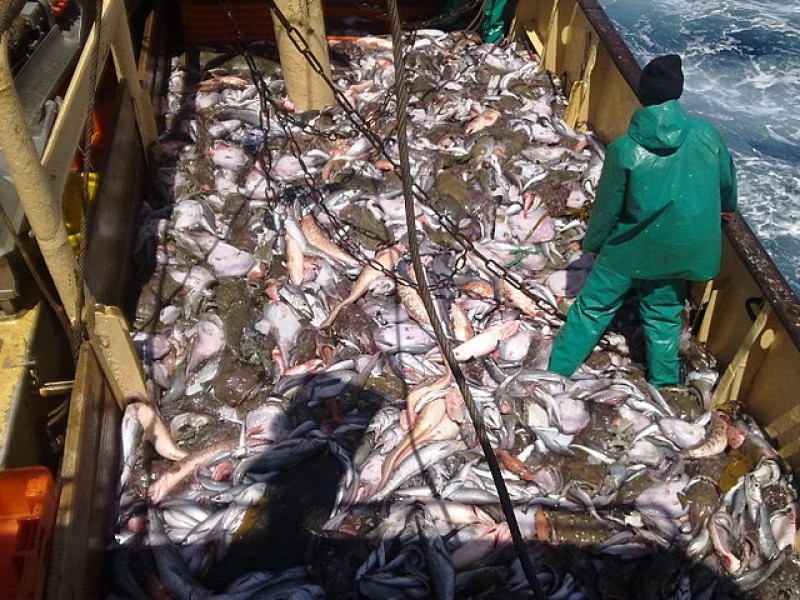The country was notified in April 2016 of the possibility of being classified as a non-cooperator but has still not made sufficient progress in passing regulations that would help combat illegal fishing.
It now has joined Cameroon, Comoros, Cambodia and St. Vincent and the Grenadines on the red list.
According to the Commission, the country did not establish an effective legal framework to regulate the activities of the fishing fleet in and out of national waters. It also has failed to control the activities of third country fishing vessels in national ports, as well as national and foreign fleets stopping over in the country.
“The Commission is strongly committed to sustainable fisheries and efficient ocean governance. We have zero tolerance for IUU fishing and today the Commission has taken firm action by giving Trinidad and Tobago a red card,” the Commissioner for Environment, Oceans and Fisheries Virginijus Sinkevičius said.
“However, we remain ready to continue our dialogue with Trinidad and Tobago to address the threats that IUU fishing poses to the sustainability of fish stocks, coastal communities, food security and the livelihoods of fishers who abide by the rules,” he stated.
The estimated value of illegal and unregulated fishing is high. Between 11 and 26 million tonnes of fish are caught illegally each year, representing at least 15% of global catches. This activity is one of the main threats to the survival and well-being of marine ecosystems, the sustainability of fish stocks and biodiversity.


